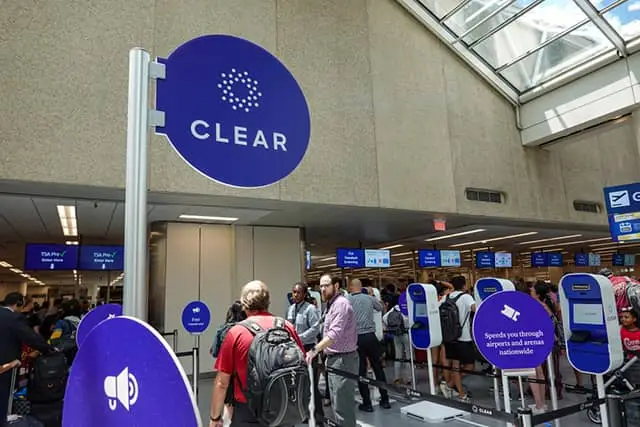To say I’m a believer in the value of travel insurance is an understatement. Usually priced as a small percentage of your entire trip, it is the one thing I always advise people purchase and always hope they never need. The question most people ask is, “what does it cover?” However an additional question, “what isn’t covered?” is equally important. Knowing the answer to both questions eliminates a lot of confusion and expense.
There are more travel insurance options and policies than you can imagine. Direct from the vendors (cruise lines, resorts, airlines, etc.), online marketplaces, insurance agents, recommended and sold by a travel agent, and offered by credit cards to name a few. Each purchase option and policy offers different coverage amounts, limitations, and fine print. As you shop, make sure you’re looking at both what is covered and what isn’t covered along with the coverage amounts.

In very broad strokes, you should (at a minimum) know if your travel insurance covers (and what the limits are):
- trip cancellation;
- trip delays (and what is considered a covered delay);
- medical expenses including emergency care and/or evacuation;
- pre-existing medical conditions;
- lost, delayed, or stolen luggage.
The details in the fine print are what’s important because things you think are (or should be) covered may not be and ignorance will not be bliss, it will be expensive.
I find stories to be the best examples of what isn’t included in travel insurance. Each of the following are examples of people who misunderstood what was covered or just assumed would be covered… And learned an expensive lesson.
I’ll begin with a personal story. I arranged flights with Norwegian’s 2nd person flies free promotion and changed the travel date to avoid the stress of flying and sailing on the same day. Assuming what I asked for (and was confirmed by the call center) was set in stone, I paid for a hotel and an excursion before my cruise. When the flight was ticketed, the change had not been made and I would be flying and sailing on the same day. My hotel and excursion were non-refundable, and insurance did not reimburse those costs because my actual ticketed flight was not delayed or cancelled.
Another time, a client was aware that her passport had expired and planned to renew it long before she would be traveling. I advised her when she booked that travel insurance was a good option for numerous reasons but would not cover an expired passport (or needing one and not having it). She made her final payment, life got crazy and she didn’t get around to renewing it. She had declined travel insurance at the time of booking, assumed she could add insurance closer to her cruise date (and forgot that it wouldn’t cover passport issues) and called to purchase it a few weeks before her scheduled vacation. As I mentioned earlier in the process, passport issues would not be covered by the policy our franchise offers and she was out of luck… and about $2500.
In one last example, a client purchased travel insurance and was unable to go because his vacation time was revoked at the last minute. Again, with the policy that we recommend, this was not a valid reason for cancellation that would qualify for reimbursement. There is some fine print that includes very specific jobs where having vacation time taken away would be a covered reason, but accounting is not one of them.
Hopefully these stories motivate you to read the fine print of your current travel insurance or the policy you’re considering to find out what isn’t covered. While some cruise lines and other travel companies will offer full or partial credit towards a different vacation, there is not guarantee this will be possible. Knowing the limitations of your policy may not provide you with the answers you want, but at least you’ll know what to expect.





